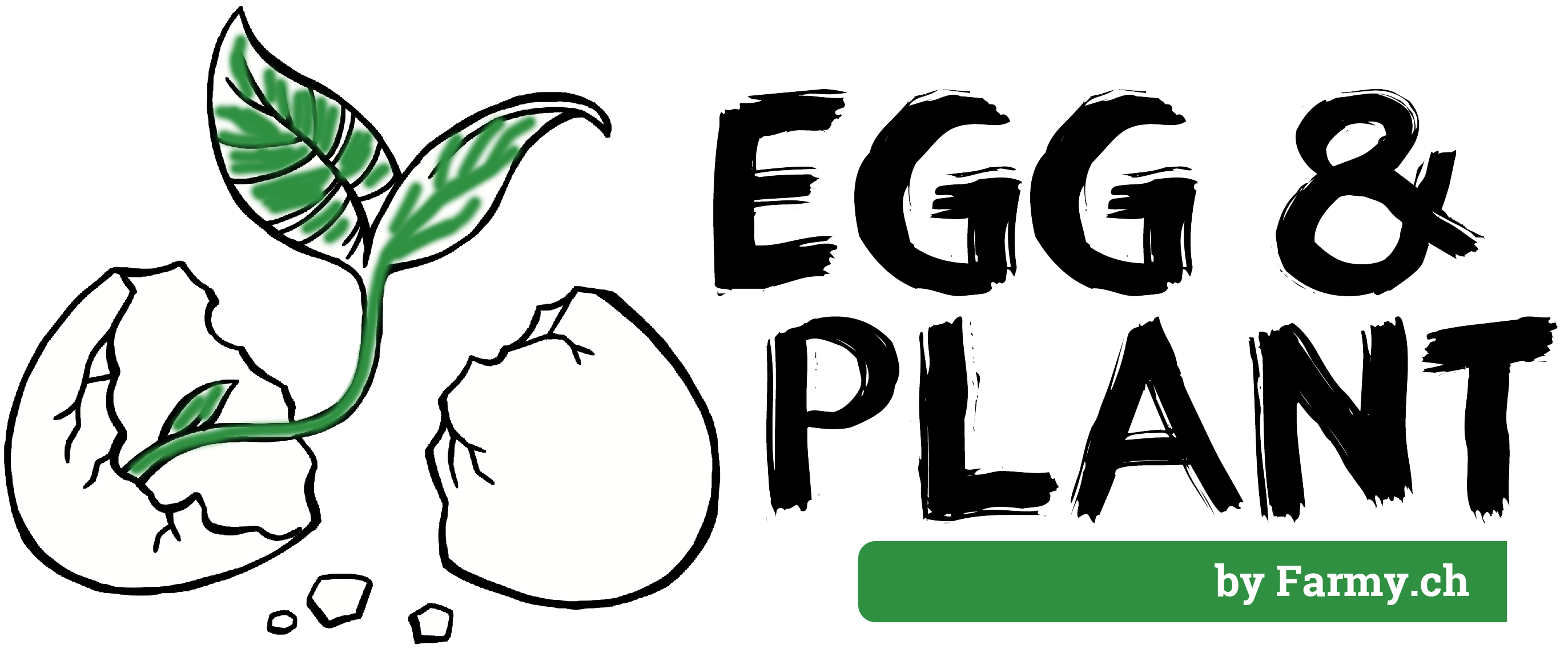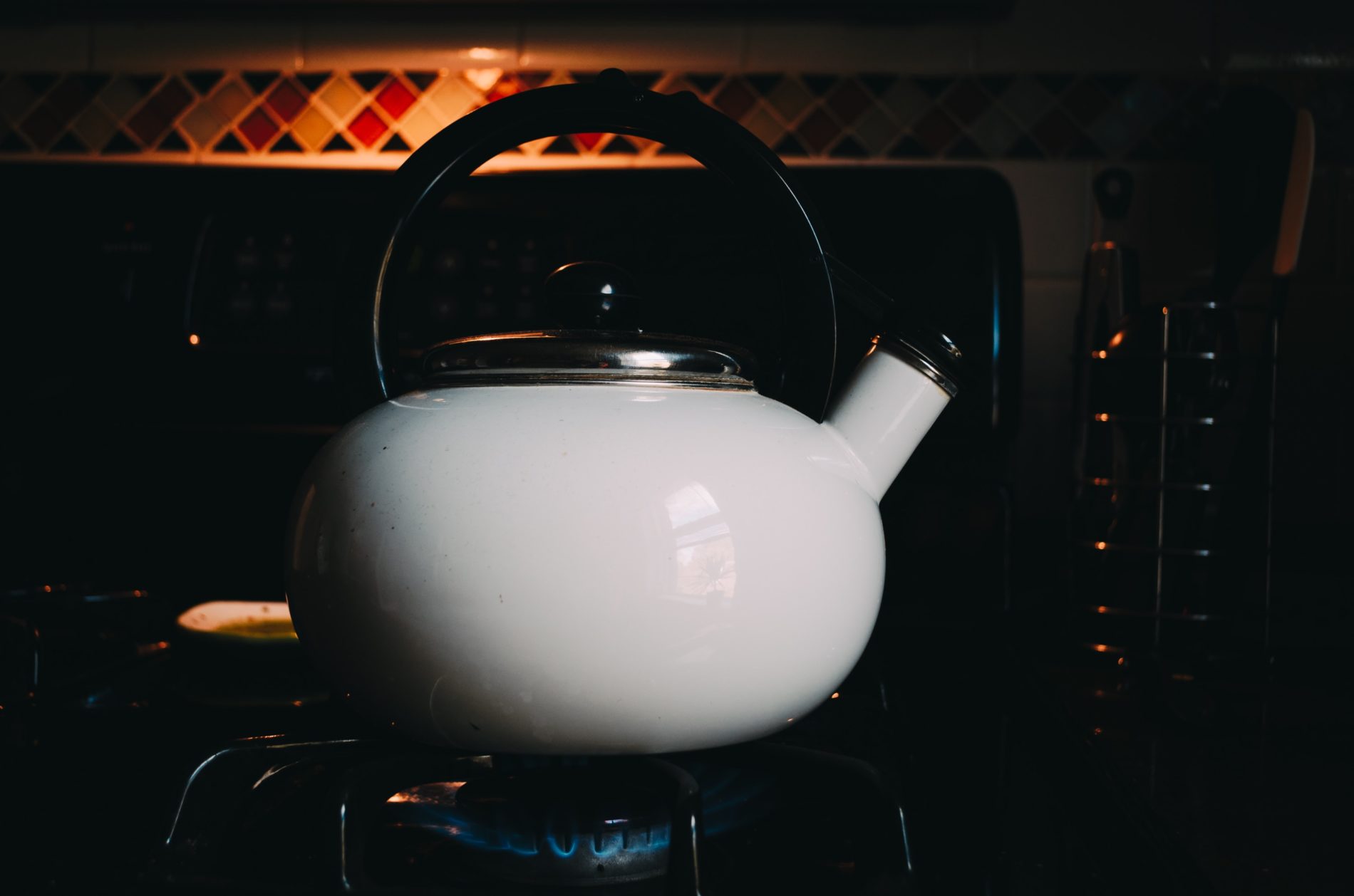The nutritional power of plants fascinates me. If you are reading this article, it means that the subject also fascinates you, doesn’t it?
I am going to explore this in more detail and introduce you to 5 medicinal plants whose infusions will help you to treat certain aches and pains.
Furthermore, I have been careful in the choice of plants to avoid offering you unusual products that you will find difficult to find in the shops. So these are five “common” plants that have nothing to be envious of other exotic products in terms of benefits.
But before I begin, I would like to remind you of the difference between herbal tea and infusion because, for my part, I get confused all the time.
Herbal tea or infusion?
Infusion describes the preparation of the drink, which actually consists of pouring water over the leaves, flowers and even the fruit of the plant to extract its aromas and nutrients.
Herbal tea refers to the drink obtained after infusion of a natural plant. Unlike tea, which is also an infusion, herbal tea does not contain any caffeine.
Why are herbal teas effective?
The main interest of herbal teas is of course based on the fantastic qualities of the plants, each of which has its own specific benefits.
It is also possible to choose various plants that have complementary effects for a combined treatment. The use of plants for medicinal purposes is called herbalism.
Drinking herbal tea will also contribute to the proper hydration of your body, which is essential for staying healthy and curing your aches and pains.
Nettle
A purifying and diuretic plant, recommended against urinary tract disorders (cystitis) and for the prevention of urinary and kidney stones.
Hibiscus
This plant is used for its antioxidant effect, recommended against high blood pressure and cholesterol and to fight dandruff (the active ingredients of this plant are used in the composition of some shampoos).
Sage
This plant has antiseptic characteristics and is recommended to fight against oral affections (sore throat, mouth ulcers) and in case of hot flushes (menopause, excessive perspiration).
Peppermint
An excellent digestive plant, recommended to fight against all digestive and liver disorders, bad breath and sore throat.
Thyme
Plant with disinfectant and anti-inflammatory benefits, recommended for respiratory tract problems (coughs, colds, asthma).
BONUS: Homemade clove infusion
This plant is very rich in antioxidants. Its effects are multiple: anti-infectious, antifungal and anaesthetic (dental pain). It is recommended for digestive problems, toothache and bad breath.
For a cup of herbal tea, count 2 to 3 cloves.
- Bring the water to the boil, then add the cloves.
- Leave to brew for about 10 minutes.
- Remove the cloves and drink.
To conclude
For your daily consumption, I recommend you to:
- Respect the dosage, especially for diuretic herbal teas.
- Choose plants from organic sources to avoid finding too many chemicals in your cup.
Herbal teas really contribute to your overall well-being and strengthen your health. All this without calories and with great taste!
As a happy herbal tea drinker, I say: Cheers!











What do you think?